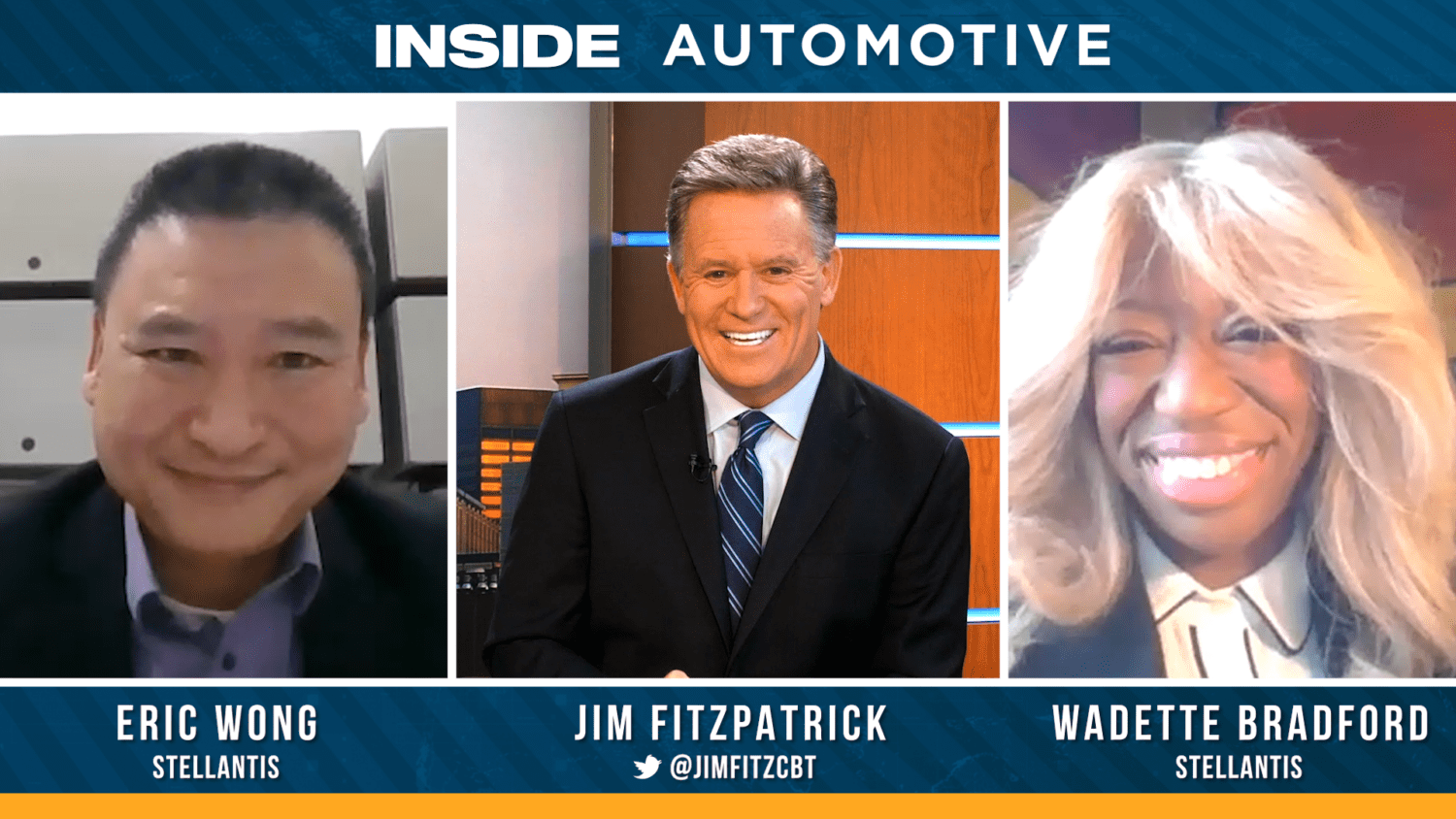Although automotive retail is teaming with successful businesspeople from all parts of the country, the diversity of its workforce remains far behind other economic sectors. The industry has yet to fully confront its lack of racial representation, which is why it is important to plainly discuss the problems facing minority groups and work together to find solutions. Eddie Hall III is the Partner and CFO of Northland Chrysler Dodge Jeep Ram as well as the General Manager of Hall Automotive comprised of Briarwood Ford, Royal Oak Ford, Vicksburg CDJR, and Northland CDJR. He is also the President of the National Association of Minority Automobile Dealers (NAMAD) NextGen network, an organization providing training and resources to minority professionals in the car business. On this episode of Inside Automotive, Hall joins host Jim Fitzpatrick to discuss the diversity challenges facing the industry, and the actions some groups are taking to solve them.
Hall is uniquely qualified to give insights into this topic, thanks to his family’s history. His father started his career in the automotive industry as a teenager, working as a porter for a used car dealership in Detroit. Hall’s father worked his way through the business until he became its owner. Then, in 1986, he purchased another storefront, becoming a licensed Ford dealer, shortly before his son’s birth. Hall grew up in automotive retail, and as he followed in his father’s footsteps to become a successful storeowner, he was uniquely situated to see the diversity challenges plaguing the industry.
Lack of Representation
Hall explains that marginalized groups are absent from leadership levels across the industry, from the dealership to the manufacturer. There remains a shortage of minority storeowners, and executive positions at dealer associations and OEMs have an observable lack of diversity. The lack of representation is not only an ethical challenge, it also prevents the industry from connecting with its audience, who rightfully expect to see fair representation with members from their ethnical or racial community.
 |
Generational Wealth
Most of the minority dealers in the automotive industry are first generation business owners, notes Hall. For many communities, inherited wealth is exceedingly rare, and, given the lack of leadership positions in the automotive industry available to marginalized groups, there are few opportunities to create family businesses which give the succeeding generation financial support. Those who do manage to become storeowners are often placed under immense pressure to succeed.
Lack of capital
One of the largest obstacles to creating a diverse automotive workforce is the lack of investments available to marginalized groups. Starting or purchasing a dealership is expensive, and minority business owners face an uphill battle convincing financial institutions to provide loans or support. Without proper investment, the automotive industry’s diversity issues will prevail.
Solutions
With all of these challenges, Hall believes that the car business’s best weapon against underrepresentation is career support. This can fall into different categories. At NAMAD, Hall and his colleagues provide minority professionals with education and resources at all levels of the automotive industry, from entry-level to dealer principle. Financial support is equally as beneficial. OEMs, such as Ford, are increasingly working with programs like NAMAD to place minority businesspeople in leadership positions, working with financial institutions to secure funding as needed.
A career in the automotive industry offers a chance at the American dream few other professional callings provide. Although racial and ethnical challenges have seen incremental improvements, many workers in the U.S. still struggle to access successful careers simply due to the communities which they belong to. If the car business hopes to become more diverse, then it must also acknowledge its problematic past and face its challenges head on.
Did you enjoy this article? Please share your thoughts, comments, or questions regarding this topic by connecting with us at newsroom@cbtnews.com.
Be sure to follow us on Facebook, LinkedIn, and TikTok to stay up to date.
While you’re here, don’t forget to subscribe to our email newsletter for all the latest auto industry news from CBT News.



